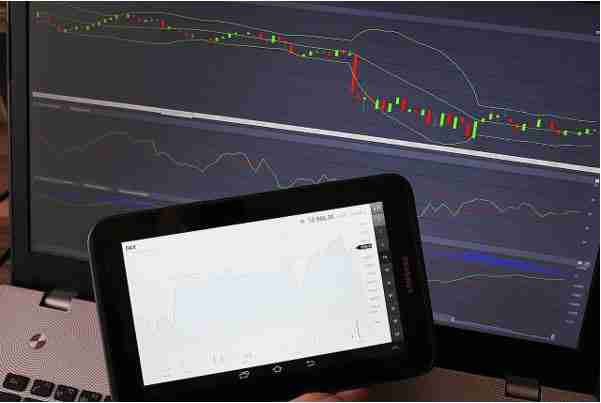CFD forex trading has changed the way people can trade currencies and take advantage of market volatility. Here is an overview of what CFD forex trading is, its key benefits, and how it is impacting the future of the financial markets.

What are CFDs?
CFDs are derivatives that allow traders to speculate on the price movements of an underlying asset, such as a currency pair if you are online forex trading, without owning the actual asset. With CFD forex trading, you can trade on margin, meaning you only have to put up a fraction of the full value of your position. This provides leverage and means you can take larger positions than if you bought the currency directly.
When you trade CFDs, you are entering into a contract with your broker to exchange the difference in price from when the contract opened to when it closed. If you speculate correctly, you profit. If not, you lose only the initial margin amount.
Key Benefits of CFD Forex Trading
There are several major advantages to trading forex via CFDs:
- Access to leverage – As mentioned, leverage allows you to put up just a margin deposit rather than full value. This gives you greater exposure with less capital.
- Ability to go long or short – CFDs allow you to seamlessly open short positions and profit from falling prices. This provides more flexibility than only buying currencies directly.
- No expiry dates – Unlike other derivatives, most CFDs don’t have expiry dates so you can hold positions as long as you like.
- Low costs – Trading costs are lower compared to other derivatives. Most CFD brokers have no commissions and there are no exchange fees.
- Real-time trading – CFDs trade in real-time during market hours so you can close or adjust positions anytime.
How CFDs are Changing Financial Markets
The advantages and accessibility of CFD forex trading have led to rapid growth. Here are some of the key ways CFDs are impacting financial markets.
- Increased retail trading – CFDs have opened up online forex trading to retail investors and traders who previously didn’t have access. Now anyone with a small account can leverage their capital.
- More liquidity – The huge growth in CFD trading volume has added liquidity to the forex market, reducing spreads and costs. This benefits all traders.
- Market accessibility – CFD platforms operate continuously which gives traders in any time zone access whenever markets are active. This fosters a more inclusive global marketplace.
- Innovation – CFD brokers compete heavily on trading platforms, tools, and features. This fuels innovation that ultimately benefits end users.
- Changes in participants – The retail trader boom has changed the makeup of the forex market, shifting influence away from institutional players.
- Greater transparency – Many CFD brokers publish real-time performance and trading stats, promoting transparency.
- Regulation – CFD trading growth has led to greater regulatory focus. Stricter oversight provides traders with more protections.
The Future of CFD Trading
The future of CFD trading looks bright as this derivative product continues to evolve and expand.
Leveraging automation through algorithms and AI will enable faster trade execution and allow traders to capitalize on even the smallest, short-term opportunities. This increased speed and precision will reshape how human traders operate alongside advanced systems. New job roles may emerge to oversee and fine-tune automated trading processes.
We can expect to see new CFD products based on new cryptocurrency pairs as digital assets become more mainstream. This will open up crypto volatility to CFD traders. As these assets gain traction, properly valuing and modeling their volatility will require new risk management approaches tailored to their unique properties. Exchanges and brokers will need to provide robust trading infrastructure to support these new products responsibly.
Regulation is likely to increase to protect retail investors, though regulators face challenges balancing robust oversight while still fostering innovation. Any new regulations will need to be calibrated thoughtfully to provide adequate consumer protections without stifling further technological progress. Regulators globally will need to coordinate regulatory frameworks to ensure consistent standards across jurisdictions.
Mobile trading through sophisticated apps will dominate as smartphones become the platform of choice, granting traders access anywhere. With mobile trading so convenient, responsible practices like setting stop-losses and maintaining risk discipline can become even more critical. Designing clever safeguards for mobile trading apps can help promote healthy trading habits.
Virtual and augmented reality may even emerge, aiming to recreate the immersive feeling of trading floors. To make these environments truly productive rather than just experiential, key data and analytics will need clear visual representation virtually. Interface design will be crucial to present only the most relevant data amidst sensory immersion.
Overall CFD trading is poised for more growth as financial markets continue moving online and leveraging new technologies. CFDs have already had a tremendous impact, and they are likely to shape the future of markets even further as adoption spreads. With the right strategies, CFD trading provides huge potential for retail traders to profit from market volatility.